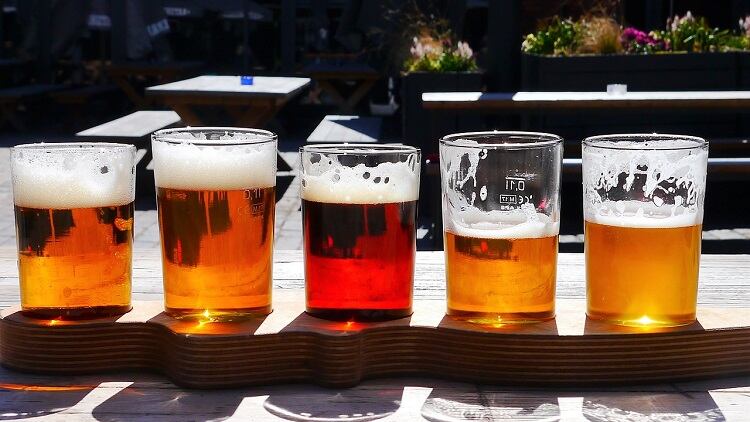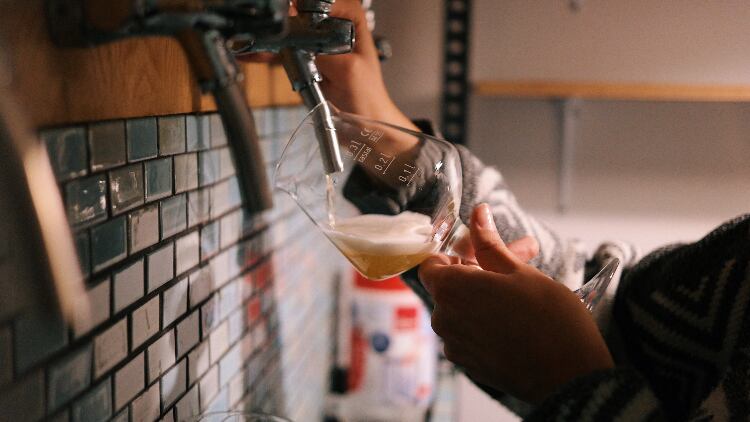Scientists from the Herdecke University, Germany, and the University of Cambridge said the order of the two drinks made no difference to the severity of hangovers felt by participants.
Instead of “any sound pathophysiological hangover models nor any effective medical remedies,” for hangovers, society appears to rely on “old folk aphorisms that exist in numerous languages and variations,” researchers said.
In English-speaking countries “Beer before wine and you'll feel fine; wine before beer and you'll feel queer,” are common adages, with German and French equivalents.
The study was titled ‘Grape or grain but never the twain? A randomized controlled multiarm matched-triplet crossover trial of beer and wine’.
Some 90 individuals between the ages of 19 and 40 were asked to drink beer, wine or both.
One group drank around two and a half pints of lager, followed by four large glasses of white wine. The second drank the four glasses of wine, followed by the pints of beer. The final group drank only beer or wine.
Drinkers who gave themselves a higher score on a drunkenness ranking at the end of the night any anyone who threw up were the most likely to rate their hangovers as severe the next morning.

Red flags
“We didn’t find any truth in the idea that drinking beer before wine gives you a milder hangover than the other way around,” Jöran Köchling, the lead author of the study from Witten/Herdecke University in Germany said.
Köchling added: "The truth is that drinking too much of any alcoholic drink is likely to result in a hangover.
"The only reliable way of predicting how miserable you'll feel the next day is by how drunk you feel and whether you are sick. We should all pay attention to these red flags when drinking."
Dr Kai Hensel, a senior clinical fellow at the University of Cambridge and senior author of the study, added that hangovers had one benefit.
“Unpleasant as hangovers are, we should remember that they do have one important benefit, at least: they are a protective warning sign that will certainly have aided humans over the ages to change their future behaviour. In other words, they can help us learn from our mistakes.”
Researchers said they hoped their study would show young people it was possible to find the objective facts behind common myths and inspire future doctors and scientists.




